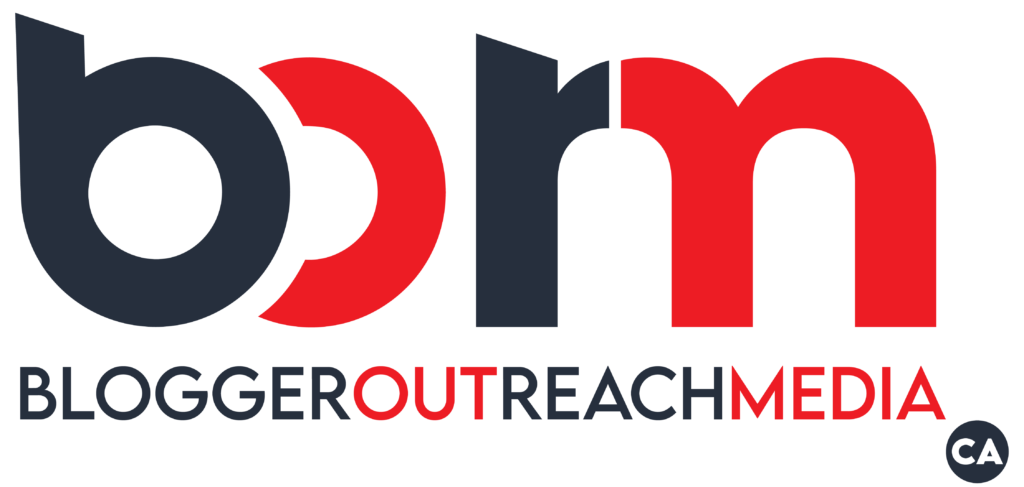Question: Which of the following statements about savings accounts is false?
Options:
a)Savings accounts pay interest on the money you deposit.
b)Savings accounts allow an unlimited amount of withdrawals each month.
c)Savings accounts may require you to maintain a minimum balance to avoid paying a fee.
d)Savings accounts are best used to store money for longer-term goals
Answer: B) Savings accounts allow an unlimited amount of withdrawals each month.
Explanation:
Savings accounts allow an unlimited amount of withdrawals each month is the correct option for which of the following statements about savings accounts is false.
What Is Savings Accounts?
A savings account is a bank account designed to hold your money safely while also earning you a small bit of interest. It’s like a secure vault where your cash grows slowly over time.
Here are the key points:
Safety: Savings accounts are generally considered safe because they are often insured by the government, up to a certain amount. This means even if the bank faces problems, your money is protected.
Interest: Unlike a checking account used for everyday spending, savings accounts typically offer a small interest rate. This means your money grows a little bit each month or year.
Accessibility: While not as readily accessible as a checking account, you can still withdraw money from your savings account when needed. However, some accounts might have limitations on the number of withdrawals allowed per month.
Goals: Savings accounts are ideal for saving towards short-term goals like a vacation, down payment on a car, or an emergency fund. The interest earned helps your money grow a bit faster than just keeping it under your mattress.
Types: There are different savings account options available, each with its own features. Some accounts might offer higher interest rates but have withdrawal limitations, while others might prioritize easy access with lower interest.
Why Do You Need A Savings Account?
A savings account offers a secure place to store your money, often insured by the government up to a certain limit. This protects your funds from theft or loss compared to keeping cash at home. While the growth rate (interest) might be modest, it allows your money to accumulate some additional value over time.
Financial Goals: Savings accounts are instrumental in achieving your financial goals. Whether it’s a dream vacation, a down payment on a house, or building an emergency fund, a savings account helps you accumulate the necessary amount gradually.
Building a Habit: Setting up a savings account and making regular deposits, even small amounts, encourages a habit of saving consistently. Seeing your balance grow over time can be motivating and helps you build financial discipline.
Improved Financial Security: Having a readily available pool of funds in your savings account provides a safety net for unexpected expenses. This financial cushion protects you from relying on high-interest credit cards or loans in case of emergencies like car repairs or medical bills.
Peace of Mind: Knowing you have a savings account filled with some accumulated funds can bring peace of mind and reduce financial stress. You’ll have a buffer to handle unforeseen circumstances and feel more secure about your financial future.
What Are The Types Of Savings Account?
In short, a savings account offers a secure and accessible way to save for your goals, build financial discipline, and achieve greater financial security. Get the idea of which of the following statements about savings accounts is false.
Savings accounts are essential tools for managing your finances. They provide a safe place to store your money, earn interest, and build towards your financial goals. But with various types of savings accounts available, choosing the right one can be overwhelming. Here’s a breakdown of some common savings accounts to help you find the perfect fit:
Traditional Savings Accounts:
This is the most basic type of savings account offered by most banks and credit unions. It provides a safe haven for your money and earns a modest interest rate.
Pros: Widely available, easy to open, government-insured (up to a limit) for added security, good for beginners or those saving for short-term goals.
Cons: Typically offer low-interest rates, might have withdrawal limitations (especially for high-yield accounts).
High-Yield Savings Accounts:
These accounts offer higher interest rates than traditional savings accounts. They are ideal for those looking to maximize their returns on saved money.
Pros: Potentially higher interest rates to grow your savings faster, good for building an emergency fund or saving for long-term goals.
Cons: May require minimum balance requirements, and might have limitations on monthly withdrawals, often offered by online banks with fewer physical branches.
Money Market Accounts:
These accounts combine features of checking and savings accounts. They offer check-writing capabilities (limited compared to checking accounts) along with interest-bearing savings.
Pros: Higher interest rates than traditional savings accounts, some check-writing flexibility for emergencies, good for short-term savings with occasional need for access.
Cons: May require minimum balance requirements to qualify for higher interest rates and check-writing privileges, withdrawal limitations might apply.
Certificates of Deposit (CDs):
CDs are time-deposit accounts where you commit to leaving your money untouched for a fixed term (usually months to years) in exchange for a guaranteed interest rate. Early withdrawal typically results in penalties.
Pros: Generally offers the highest interest rates among savings options, good for building a specific savings goal over a set timeframe, and helps resist the temptation to withdraw funds impulsively.
Cons: Limited access to your money during the term, early withdrawal penalties, and interest rates might not keep pace with inflation.
Other Savings Account Options:
With the answer of which of the following statements about savings accounts is false, you can also explore the other savings account options.
Christmas Club Accounts: Seasonal accounts designed to save specifically for holiday expenses. Regular deposits throughout the year accumulate for easy access during the holiday season.
Retirement Savings Accounts: Individual Retirement Accounts (IRAs) and employer-sponsored plans like 401(k)s offer tax advantages for retirement savings. These accounts typically have different rules and regulations compared to traditional savings accounts.
Student Savings Accounts: Some banks offer student-specific accounts with features like fee waivers or ATM fee reimbursements to cater to the needs of students.
How To Choose The Right Savings Account?
Here are some key factors to consider when selecting a savings account:
Your Savings Goals: Are you saving for a short-term goal like a vacation or a long-term goal like retirement? Consider the timeframe and choose an account that aligns with your needs.
Interest Rates: Compare interest rates offered by different institutions. However, don’t solely focus on the highest rate; consider other factors too.
Minimum Balance Requirements: Some accounts might require a minimum balance to qualify for higher interest rates or certain features. Choose an account with a minimum you can comfortably maintain.
Accessibility: Traditional savings accounts offer easy access, while CDs restrict access for a fixed term. Consider your need for immediate withdrawal when choosing an account.
Fees: Be aware of any monthly maintenance fees or withdrawal fees associated with the account.
How Does the Saving Account Works?
By understanding the different types of savings accounts and considering your individual needs, you can choose the best option to help you achieve your financial goals. Remember, it’s not uncommon to have multiple savings accounts to suit various purposes. Happy saving!
Deposits: You deposit money into your savings account at a bank or credit union. This can be done in various ways:
- Cash deposits at a branch ATM
- Transfers from another account (checking account, another savings account)
- Mobile check deposits
Earning Interest: The bank pays you interest on the money you deposit in your savings account. This interest is typically a small percentage (often a fraction of a percent) calculated monthly or quarterly.
Compounding Interest: The magic happens here! The earned interest is usually added to your account balance (compounded) periodically. This means you start earning interest on the initial deposit and the accumulated interest. Over time, even a small interest rate can lead to some growth in your savings.
Withdrawals: Savings accounts generally allow withdrawals, but there might be some limitations:
Traditional Savings Accounts: Usually offer unlimited withdrawals.
High-Yield Savings Accounts: Might restrict the number of withdrawals per month to maintain a higher interest rate.
Safety and Security: Most savings accounts in the US are insured by the Federal Deposit Insurance Corporation (FDIC) up to a certain amount (currently $250,000 per depositor). This means your money is protected even if the bank faces problems.
The Bank’s Role: Banks use the money deposited in savings accounts to generate income. They might lend this money to other customers through loans, mortgages, or other credit products. The interest earned on these loans is typically higher than the interest paid on savings accounts, allowing banks to make a profit.
In Conclusion:
Remember, there are different types of savings accounts with varying features, interest rates, and accessibility. Consider your needs and goals when choosing the right savings account for you. Hope now you get the answer of which of the following statements about savings accounts is false. If you like to share any opinion with us you can comment back to us and let us know your opinion.
For more relevant Information, Do follow Blogger Out Media

